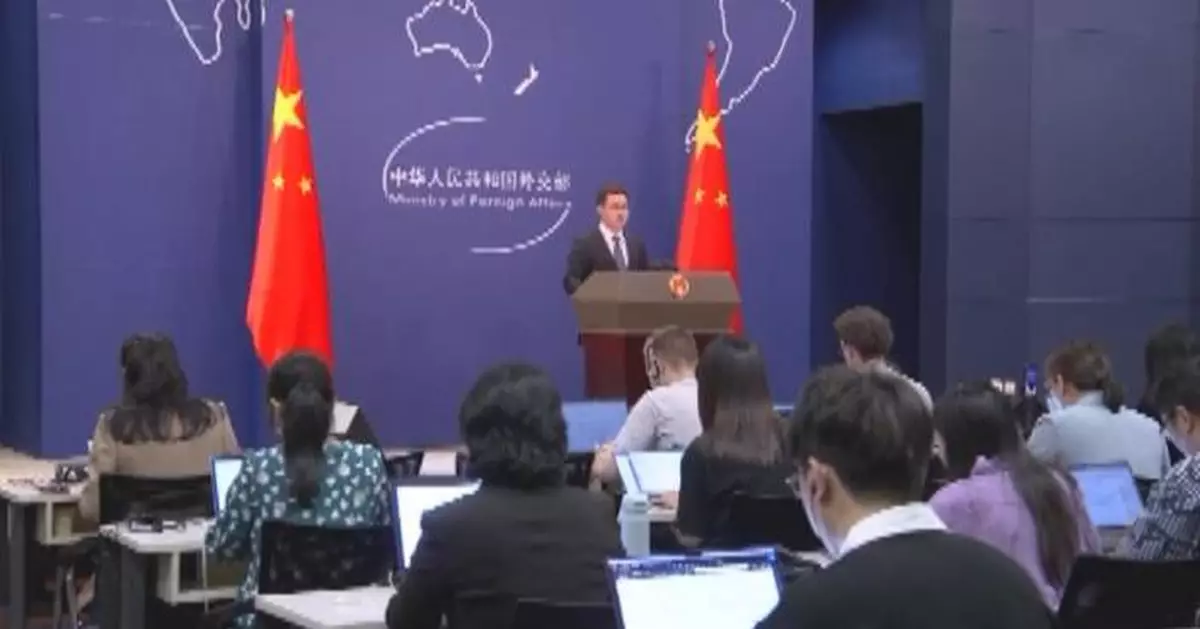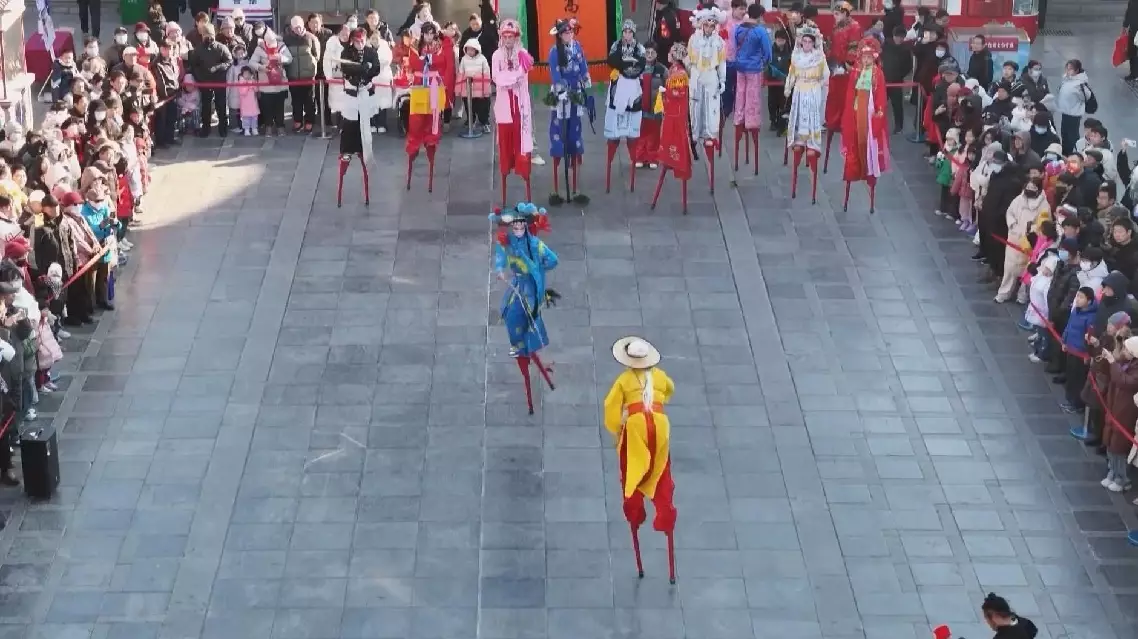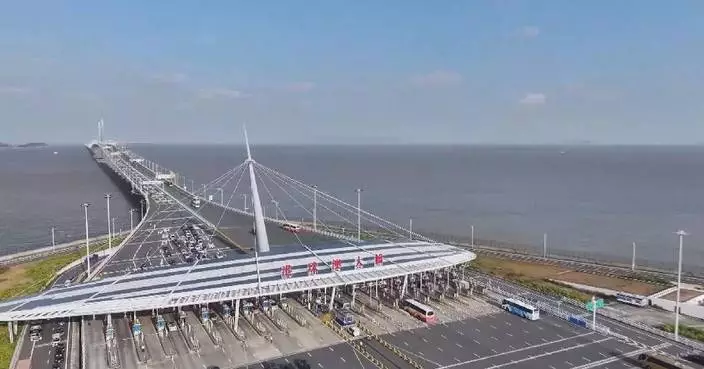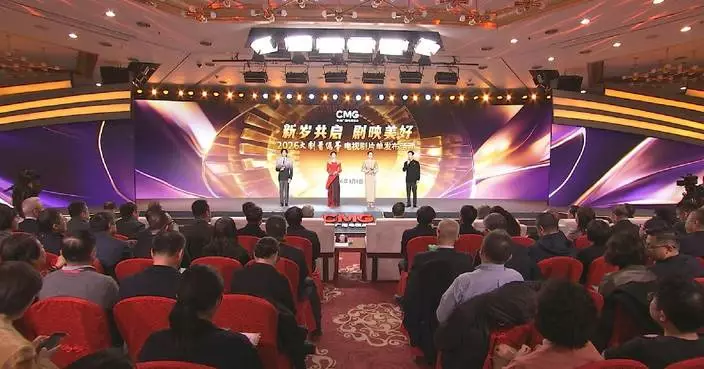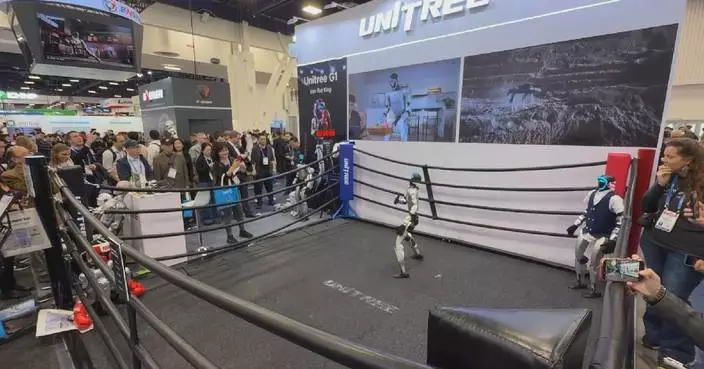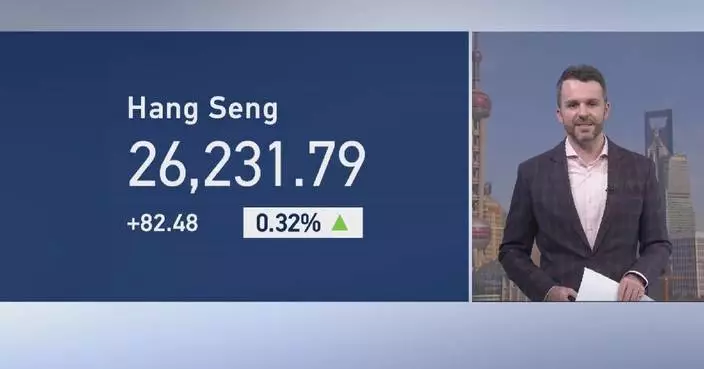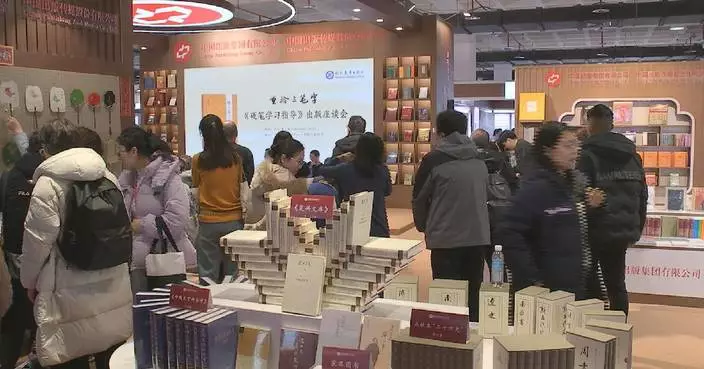Describing the China-Europe freight train as a "epitome of China's cooperation with the world in connectivity", Chinese Foreign Ministry spokesman Lin Jian said on Friday that China is committed to serving as a driving force for global interconnectivity.
According to the latest data, the China-Europe freight train has made over 110,000 trips, with the accumulative value of goods transported surpassing 450 billion U.S. dollars.
At a regular press briefing in Beijing, Lin emphasized the significance of the China-Europe freight train as a landmark achievement of the Belt and Road Initiative.
At present, a total of 128 Chinese cities have launched the China-Europe freight train service, reaching 229 cities in 26 European countries and over 100 cities in 11 Asian countries, with departures averaging every half an hour, he said, citing the data.
"The efficient, stable and smooth operation of China-Europe freight train not only serves as a bridge for economic and trade exchanges between Asia and Europe, but also injects development momentum into countries along the route. The China-Europe freight train is a epitome of China's cooperation with the world in connectivity. Whether it is the smooth operation of the China-Laos Railway, the Western Land-Sea New Corridor trains, or the under-construction China-Kyrgyzstan-Uzbekistan Railway, these new logistics channels have enhanced cross-border logistics efficiency, promoted personnel exchanges and trade, deepened industrial collaboration and value chain integration, driven industrial transformation and upgrading in related countries, and brought tangible benefits to local peoples," Lin said.
"Connectivity is a key area of cooperation under the Belt and Road Initiative. China will adhere to the principles of extensive consultation, joint contribution, and shared benefits, continue to serve as a driving force for global interconnectivity, leverage our own development to benefit the world and achieve win-win outcomes for all parties," he said.
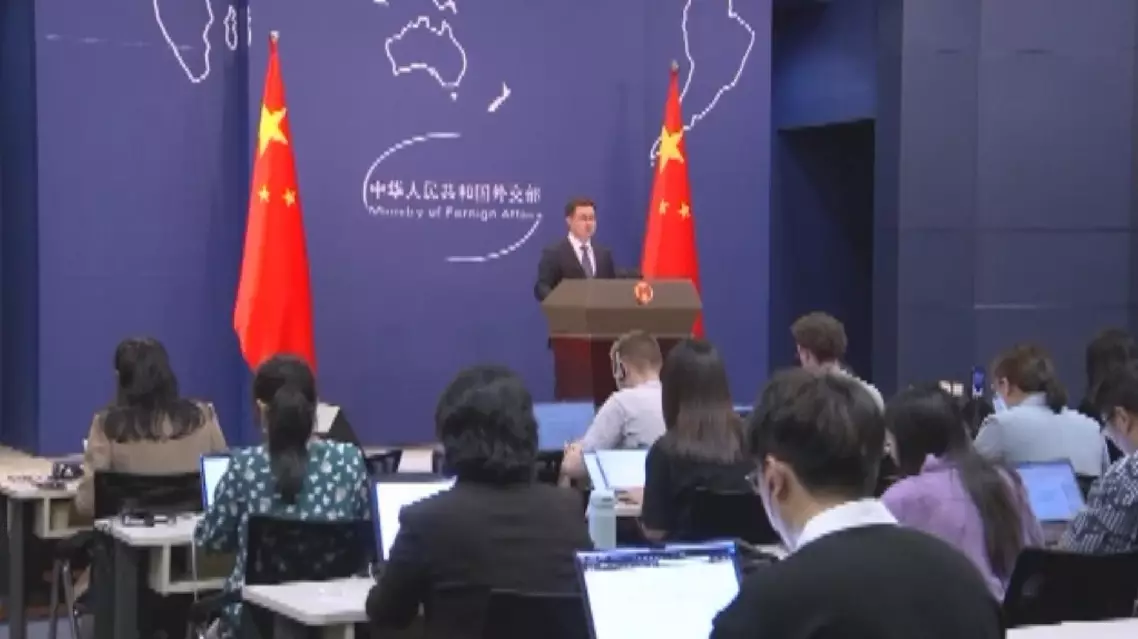
China committed to promoting global interconnectivity: FM spokesman


